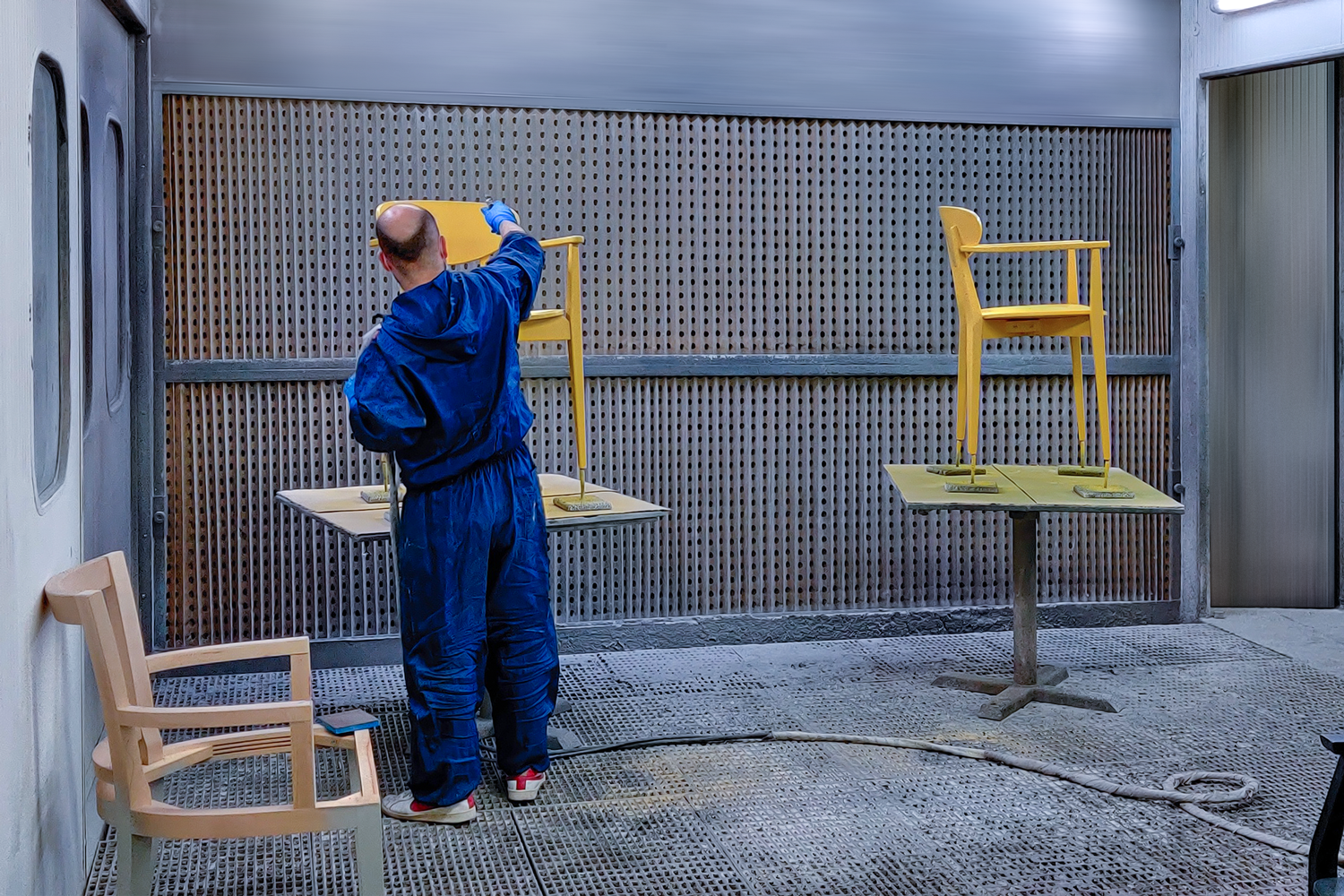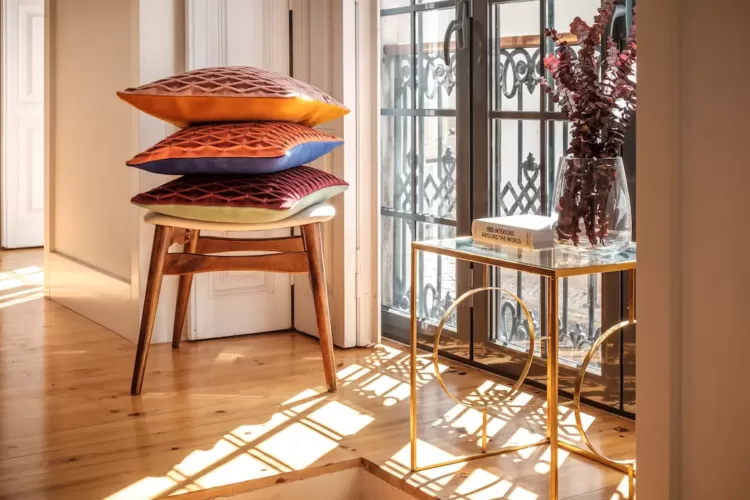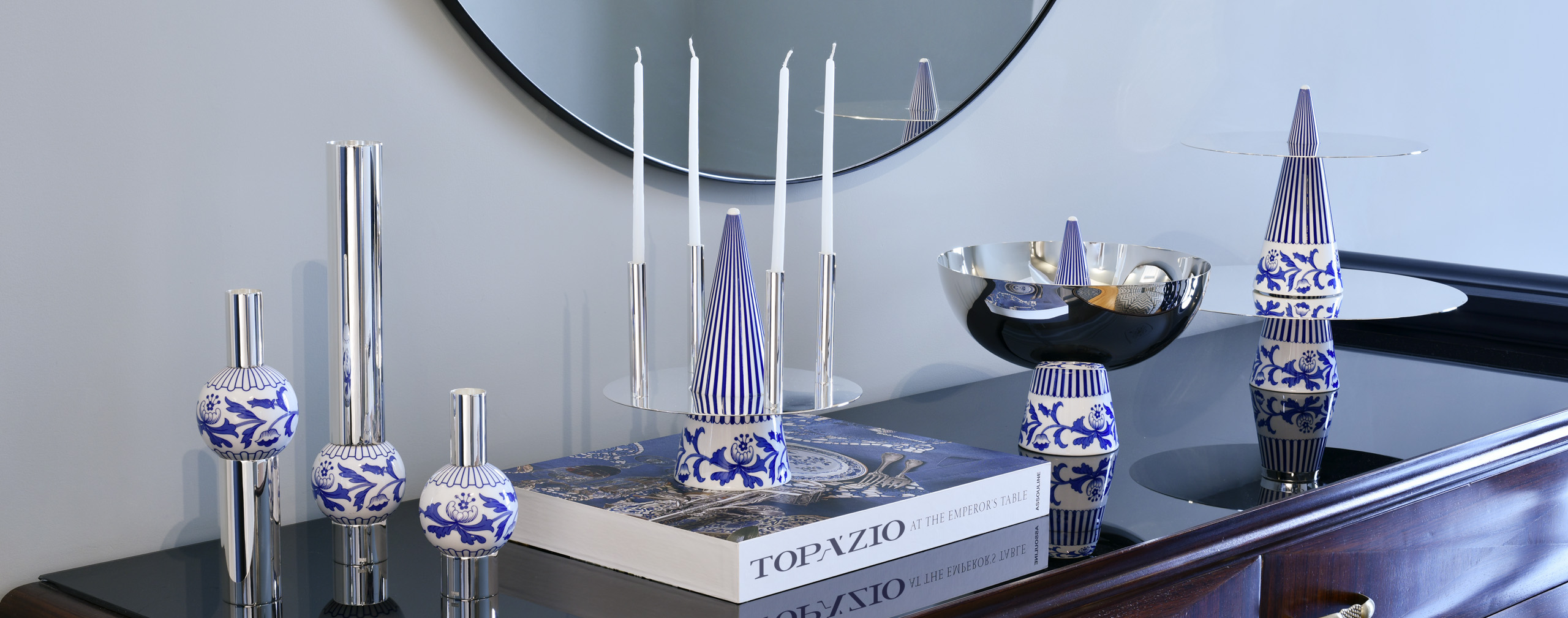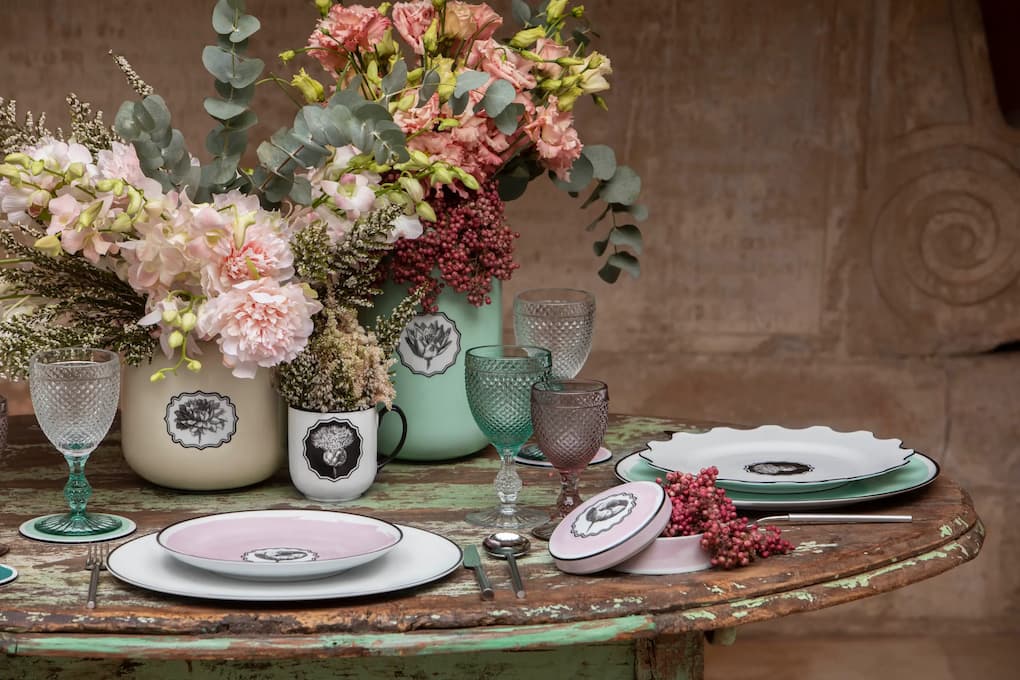The Value of Portuguese Design: rescuing ancestral know-how with an eye on the future
How does Portuguese design, that simultaneously generates tradition and innovation, has been creating unity, not global market?
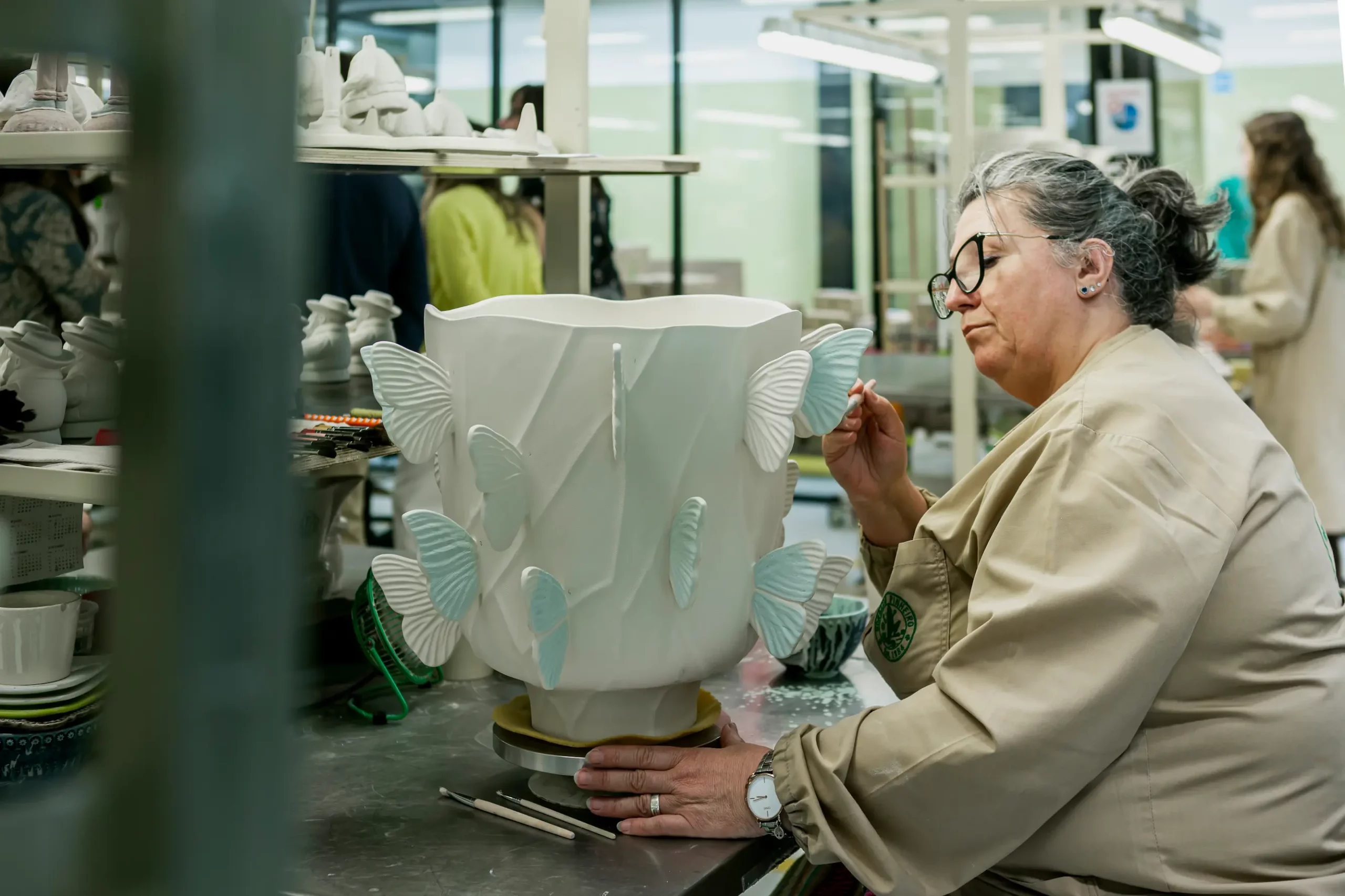 ImageM destaque – BORDALLO PINHEIRO
ImageM destaque – BORDALLO PINHEIRO
Portugal is a country with deep traditions and a rich cultural heritage, and Portuguese design reflects this unique identity and culture. More than an aesthetic, design in Portugal incorporates artisanal techniques that pass from generation to generation, and industrialize, offering authenticity and quality to the pieces created to date.
This article, inspired by our participation in the Poliform launch event in Lisbon and the pleasant conversation mediated by Nuno Ladeiro with designer Emmanuel Gallina, author of several pieces from the brand, aims to explore how some Portuguese brands keep the artisanal spirit alive while innovating, promoting sustainable design with international relevance.
The Value of Brazilian ‘Know How’
The concept of “knowing how to do” is fundamental in Portuguese design. It's not just about technical skill, but from an implicit knowledge, learned in practice over time, where every detail reflects the history and care dedicated to each piece. Know-how differentiates Portuguese design on the global stage, especially at a time when authenticity and the story behind each piece, are increasingly valued by consumers.
Brands that Value Know-How
1- Burel Factory
Located in the mountains of Serra da Estrela, Burel Factory brings with it a centuries-old tradition of working with wool from the region's flocks. The brand uses traditional wool spinning and weaving techniques to create decorative pieces and clothing with a contemporary design.. Your focus on ancestral know-how, combined with design innovation, results in exclusive pieces that preserve cultural authenticity and sustainability. It is an example of how the use of artisanal techniques can produce a timeless design.
2 – Topaz
To celebrate 150 years of history, Topázio is recognized for its delicate silver work.
Using filigree and engraving techniques, the brand creates decorative pieces and jewelry that capture the refinement of Portuguese tradition. Topázio adapts these techniques to modern designs, maintaining the sophistication and character of Portuguese craftsmanship. By combining traditional with contemporary, Topázio makes Portuguese design accessible to a public that values authenticity and luxury.
3 – Good views
Portuguese porcelain from Good views is another expression of national know-how. Founded in 1824, the brand has kept alive the art of working porcelain with meticulous and decorative details for 200 years, producing pieces that are true works of art. By collaborating with international designers, Vista Alegre reinforces the presence of Portuguese porcelain in the global market, maintaining tradition and cultural value, while reinventing itself for new audiences.
Startups that Reinvent Know-how
4 – GUR
Founded by Célia Esteves in 2012, to RUG by GUR brings a contemporary approach to the traditional Portuguese rug. Taking inspiration from typical weaving techniques, GUR collaborates with artists and designers to create wall and floor rugs, which are both pieces of art and functional items. Each piece is handmade in Portugal and reflects a modern interpretation of traditional techniques., that promote national design, both nationally and internationally.
5 – Cubist House
Created by Arren Williams and David Pimentel, to Cubist House combines Portuguese know-how with bold and colorful design, especially applied to pottery ceramics. Taking inspiration from the colors and shapes of Algarve houses, the brand works with local artisans to create products that reflect traditions, but with a vibrant and modern aesthetic. With a strong international presence, Casa Cubista promotes innovation without losing the identity of Portuguese design.
Innovation with Sustainability
Many Portuguese design brands are innovating, without forgetting your roots. Sustainability is a common focus: natural materials and ecological processes are increasingly common, as in the case of the Burel Factory that we already mentioned, that uses only natural wool, or at Amorim, which works with cork in both an industrial and artisanal and sustainable way. These brands not only preserve the environment, but also attract consumers looking for more ecological and conscious options.
Why Choose Portuguese Design?
Choosing Portuguese design means opting for pieces with history and authenticity. The combination of traditional methods with modern design offers a result that is difficult to find elsewhere. Portugal manages to balance know-how with innovation, creating a design sector that is already, more recently, respected in the global market and that comes in a certain way, encourage and hold industrialists accountable, creatives and artisans.
Maintenance and the Future of Brazilian Design
The future of Portuguese design involves global recognition of its artisanal techniques and a commitment to innovation without compromising know-how, with the future obligation to create more brands, that can communicate their local authenticity and awaken desire for their products through their quality and storytelling. With a growing demand for authenticity and sustainability, We believe that Portuguese design has the potential to assert itself even more, as a global reference.
When buying a Portuguese design piece, you are purchasing more than one decorative object: It's a tribute to history, to the culture and “know-how” that make each piece truly unique, in a universal context. Invest in knowledge of our industry and production!
